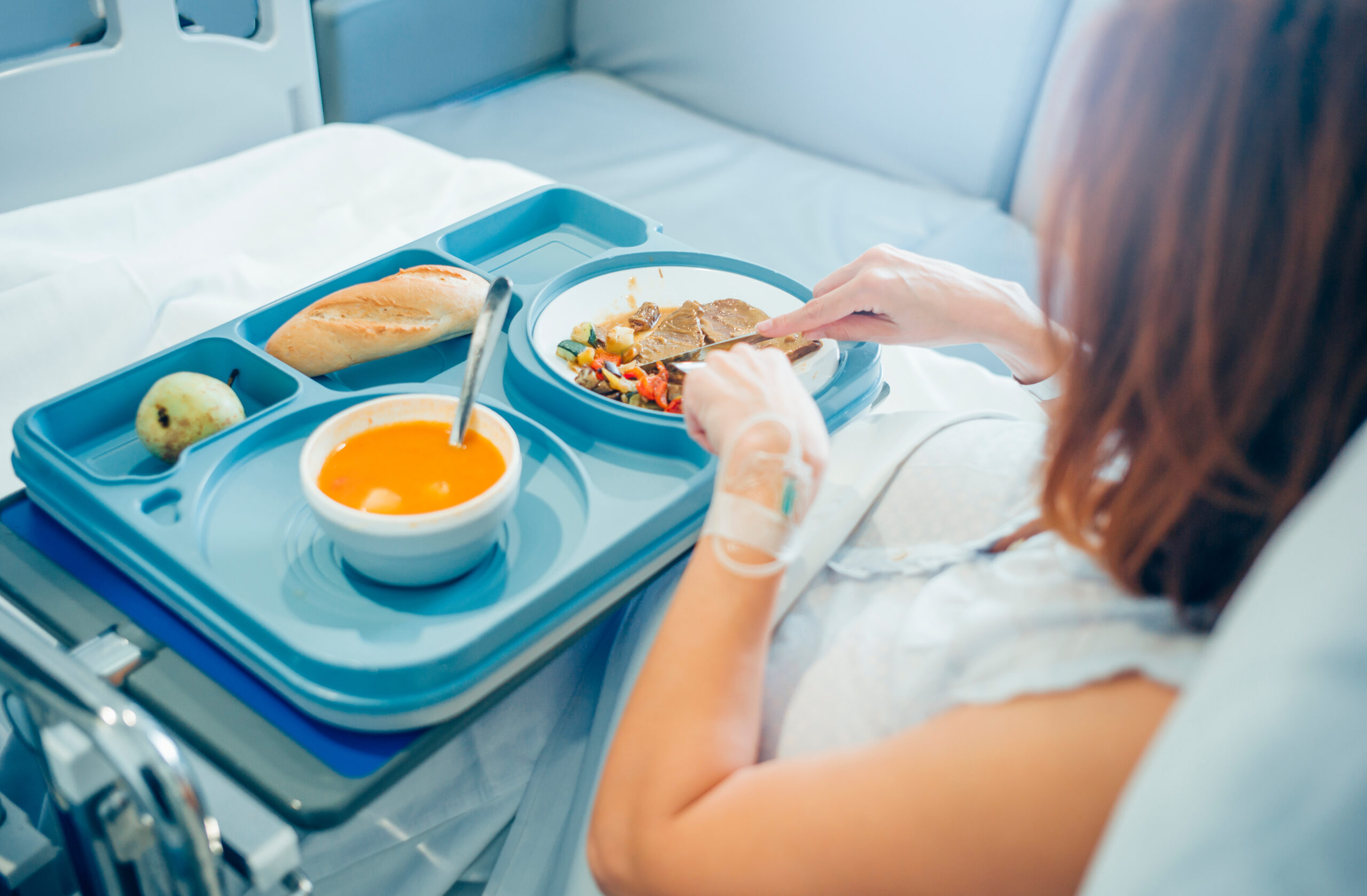« Leurs conditions de vie étant déjà désastreuses, le temps hivernal rend la situation pour les réfugiés de l’ancien camp Lipa au nord de la Bosnie-Herzégovine davantage insupportable. En l’absence d’électricité, d’eau courante et de chauffage, et avec les températures en baisse, les personnes sur place courent le risque de mourir d’hypothermie.
Dû à des différends entre les autorités de Sarajevo et la ville de Bihac, les migrants avaient été expulsés du camp de ‘Bira’, camp mieux adapté aux conditions d’hiver non loin de Bihac.
Les réfugiés tentant la traversée vers l’Union européenne par la frontière croate sont victimes de violences inhumaines et font l’objet des ‘push back’ illégaux de la part des policiers croates. Les autres se retrouvent de retour dans l’ancien camp de Lipa qui, lors de son évacuation par l’OIM, l’Organisation internationale pour les migrations, avait été ravagé par un feu en décembre 2020.
Dans ce contexte, nous aimerions poser les questions suivantes à Monsieur le Ministre des Affaires étrangères et européennes :
- Selon ‘Human Rights Watch’, la Bosnie-Herzégovine s’appuie sur son accord bilatéral avec la Croatie. L’organisation se réfère à l’accord avec la Communauté européenne concernant la réadmission des personnes en séjour irrégulier, spécifiquement à l’article 3, point b) en relation avec la réadmission des ressortissants des pays tiers et des apatrides. Est-il correct que la Bosnie-Herzégovine se base sur cet article dans la situation actuelle ? Cet article s’applique-t-il également pour les crises migratoires ?
- Que fait l’Union européenne pour assister les autorités de Sarajevo à résoudre les différends avec la ville de Bihac au nord du pays afin d’héberger les réfugiés dans le camp de Bira ? Monsieur le Ministre prévoit-il de discuter cette problématique lors d´une prochaine réunion avec ses homologues européens ?
- La Charte humanitaire du Luxembourg reconnaît le caractère de plus en plus prolongé des déplacements forcés et s’engage à prendre les mesures opérationnelles pour répondre aux besoins des personnes déplacées. Est-ce que le Luxembourg soutiendra les réfugiés en Bosnie-Herzégovine et de quelle façon ?
- Selon FRONTEX, des abus aux frontières croates n’ont pas pu être constatés. Comment l’agence de garde-frontières peut-elle assurer un meilleur contrôle et une assistance aux policiers croates dans cette situation ?
- Quelles mesures seront prises afin de protéger les réfugiés de l’hypothermie ? »
Answer
Bosnia and Herzegovina draw upon their bilateral agreement with Croatia in the EU regarding the readmission of persons in the case of an irregular stay. Immediately after camp Lipa was shut down, the European Union put considerable pressure on the representatives of the Bosnia and Herzegovina government and the various authorities in order to find a speedy solution to this humanitarian crisis. Luxembourg will continue to participate in the collective efforts of the European Union. The FRONTEX agents only have authority over their own personnel, not however over the security forces of the respective member states. The mechanisms are however to be strengthened in the future.








